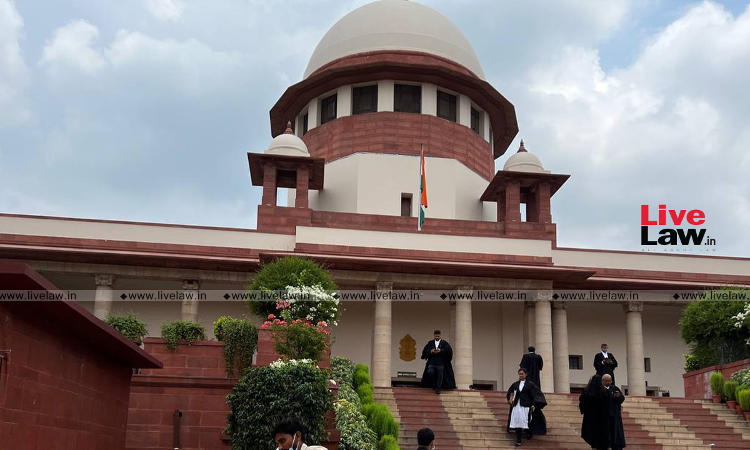Section 239 CrPC - Court Can Only Look Into Prima Facie Case & Decide Whether Prosecution Case Is Groundless: Supreme Court
Ashok KM
5 Sept 2022 9:45 PM IST

Next Story
5 Sept 2022 9:45 PM IST
In a judgment delivered on Monday (5 September 2022), the Supreme Court explained the ambit and scope of exercise of power to discharge an accused under Sections 239 of Code of Criminal Procedure.The court observed that the only consideration at the stage of Section 239/240 is as to whether the allegation/charge is groundless.The test which may be applied for determining whether the charge...
